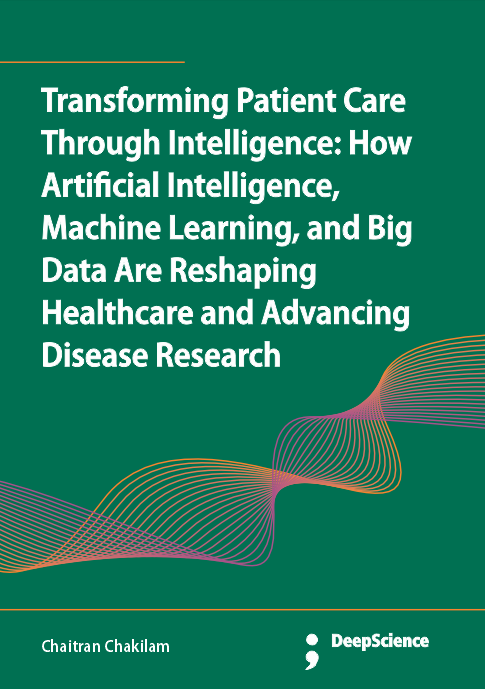Ethical challenges and governance of intelligent systems in sensitive clinical environments
Synopsis
Advances in artificial intelligence are rapidly transforming healthcare and enabling new smart healthcare systems. An informed and considered approach to addressing the ethical challenges associated with the adoption of these new intelligent systems is critically important.
Fig 10.1: Ethical and regulatory challenges of AI technologies in healthcare
There are various sets of state of the art best practice guidelines developed by interdisciplinary teams; however, the feasibility of putting these guidelines into practice remains to be validated by actually implementing a system. This paper contributes to that end by considering the development, deployment, and governance of intelligent systems focusing on security and privacy in smart healthcare environments. Lessons learned and practical advice for future intelligent system projects are drawn from the experience of developing a real-time sanitization monitoring system for a healthcare setting, aimed at preventing the spread of disease-carrying pathogens. In order to distribute and then discuss this practical advice, ethical challenges for intelligent systems reported in the literature are reviewed, and then considered specifically for smart healthcare environments.
10.1.1.Background and Significance
In sensitive clinical environments the clinical effectiveness of any health solution has strong impact, being this impact relative to the society level of a global issue, or to a city as well as to an individual. This chapter is based on a broad review of literature to discuss and outline some of the key challenges which are of ethical and governance nature, and are most relevant considering the use of intelligent solutions, beyond the AI, in the management of sensitive clinical environments. The use of AI and other intelligent technologies in the management of sensitive clinical environments has gained considerable attention due to the hope associated with the possibility of significant benefits for societal, city, institutional and individual levels. Smart Hospitals use intelligent systems to automate the processes, to monitor activities and to create personalized treatments. Some of that automation uses elements that apply deep learning. Although there are many advantages offered by the use of these advanced models, there are unique ethical and governance challenges that come up together with them, such as interpretability and identifying the basis of a clinical decision. Nonetheless, Intelligent Systems are digitally based and are themselves data sources. The use of such systems creates new data types, volumes and linkages. This creates new risks of data breaches, which are realistic, as Independent Ethical Hackers performed penetration testing of various United States hospitals and found out that these systems had weak external perimeter security.












